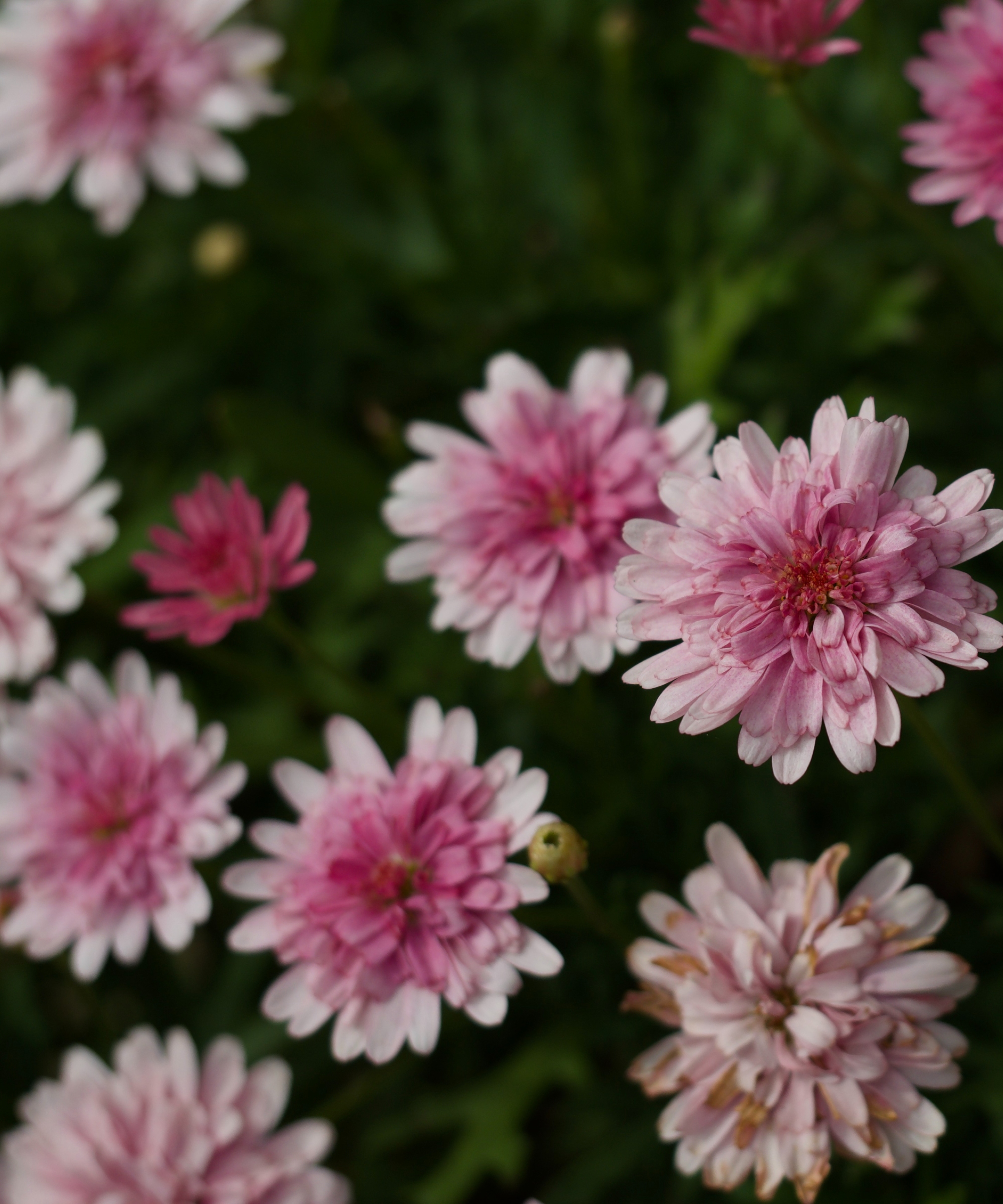Experts reveal that chrysanthemums can deter ants – here's how
Yes, chrysanthemums can help you rid your home of spring's most persistent home invaders


Design expertise in your inbox – from inspiring decorating ideas and beautiful celebrity homes to practical gardening advice and shopping round-ups.
You are now subscribed
Your newsletter sign-up was successful
Want to add more newsletters?

Twice a week
Homes&Gardens
The ultimate interior design resource from the world's leading experts - discover inspiring decorating ideas, color scheming know-how, garden inspiration and shopping expertise.

Once a week
In The Loop from Next In Design
Members of the Next in Design Circle will receive In the Loop, our weekly email filled with trade news, names to know and spotlight moments. Together we’re building a brighter design future.

Twice a week
Cucina
Whether you’re passionate about hosting exquisite dinners, experimenting with culinary trends, or perfecting your kitchen's design with timeless elegance and innovative functionality, this newsletter is here to inspire
The controversial chrysanthemum knows how to start a conversation. This retro love-it-or-hate-it bloom has made a comeback in 2022 – but while its aesthetic continues to divide flower lovers – it's hard not to admire its secret pest-repellent power.
Experts have revealed that this flower may deter ants – the common pest that emerges from its dormant state in springtime. Therefore, if you find yourself wondering how to get rid of ants this season, using this trendy bloom may be the answer. Here's how.
Using chrysanthemums to deter ants – the natural way to keep pests away

Garden experts, including BBC Gardeners' World's presenter Mark Lane and author Sarah Raven (her current favorite chrysanthemum 'is the smoky mother of pearl Avignon Pink) have confessed their love for this garden trend. But the chrysanthemum is equally as powerful inside your home too. Here's what you need to know about their hidden abilities.
How do chrysanthemums deter ants?

'Ant-deterring plants have a strong odor, so the aromatic fragrance not only keeps ants away, but they smell great in your home too,' explains Primrose's Gardening Expert Evie Lane.
In the chrysanthemums' case, the blooms contain pyrethrum – an ingredient that you will often find in natural insect repellents.
According to Fantastic Pest Control's expert Jordan Foster, this pyrethrum 'attacks the nervous system', but it is safe for pets, birds, and most animals.
'Some ant repellents are not to be used around children and pets, which is why natural deterrents may be a better option if you have spotted a few ants inside the home,' Evie adds.
Design expertise in your inbox – from inspiring decorating ideas and beautiful celebrity homes to practical gardening advice and shopping round-ups.

However, this natural chemical is great for repelling ticks, fleas, spider mites, and bed bugs – and if you're looking for how to get rid of cockroaches, then this chemical could work for them too. So, investing in these blooms may keep your home pest-free all season.
'The compound is also becoming quite popular as a pest control choice since it's biodegradable and breaks down with light and oxygen exposure,' Jordan shares. And, if you're still not a fan of chrysanthemums, then you can still enjoy their pest-repellent benefits without having to endure their bold retro hues.
'You can make your own spray by grinding dried leaves into a powder to kill and repel insects,' they say.
This floral trend looks good but has a host of organic benefits too – it's definitely worth a try. And, by the way, it's made our list of the best air cleaning indoor plants, too, so having at least one in your home is a win-win.

Megan is the Head of Celebrity Style News at Homes & Gardens, where she leads the celebrity/ news team. She has a history in interior design, travel, and news journalism, having lived and worked in New York, Paris, and, currently, London. Megan has bylines in Livingetc, The Telegraph, and IRK Magazine, and has interviewed the likes of Drew Barrymore, Ayesha Curry, Michelle Keegan, and Tan France, among others. She lives in a London apartment with her antique typewriter and an eclectic espresso cup collection, and dreams of a Kelly Wearstler-designed home.